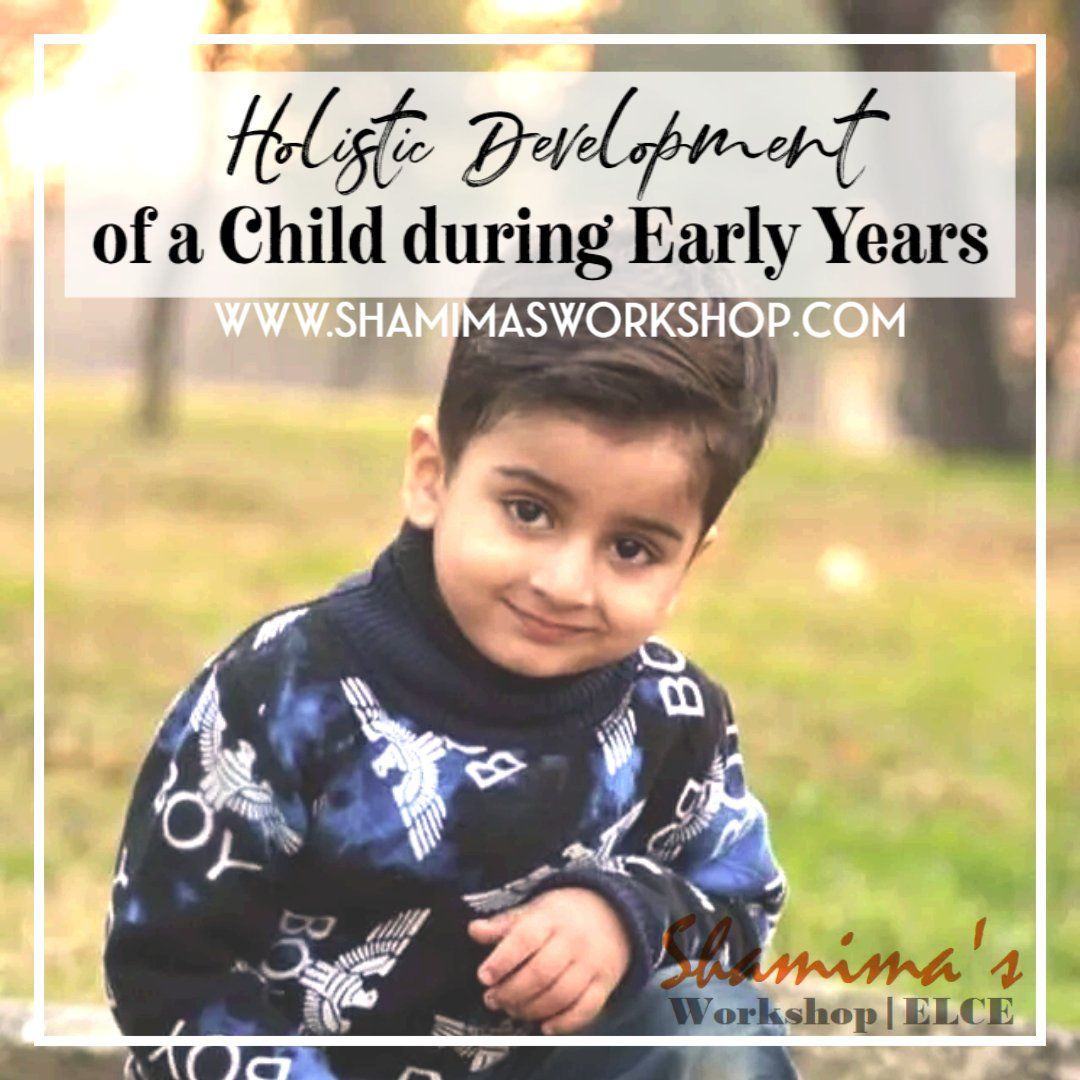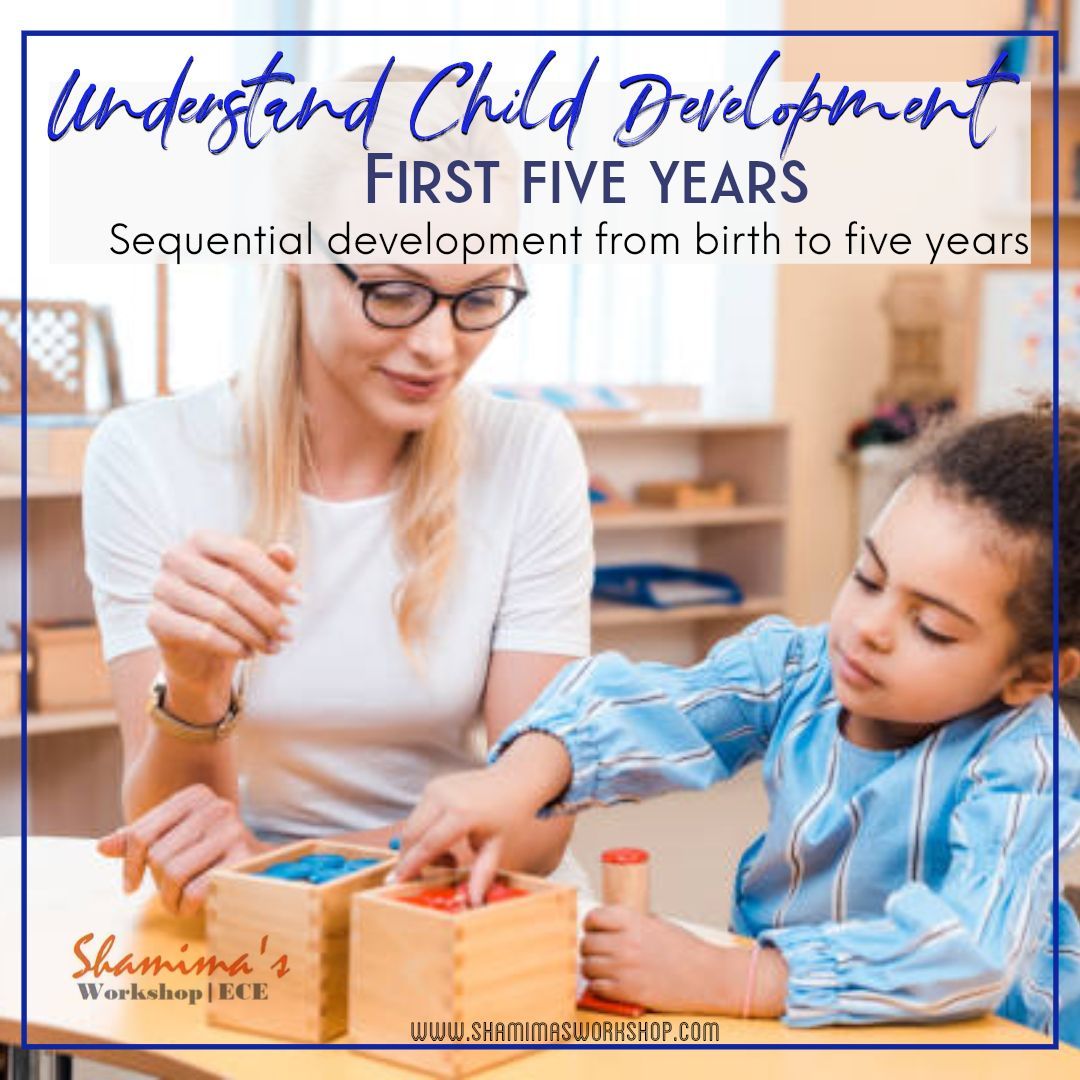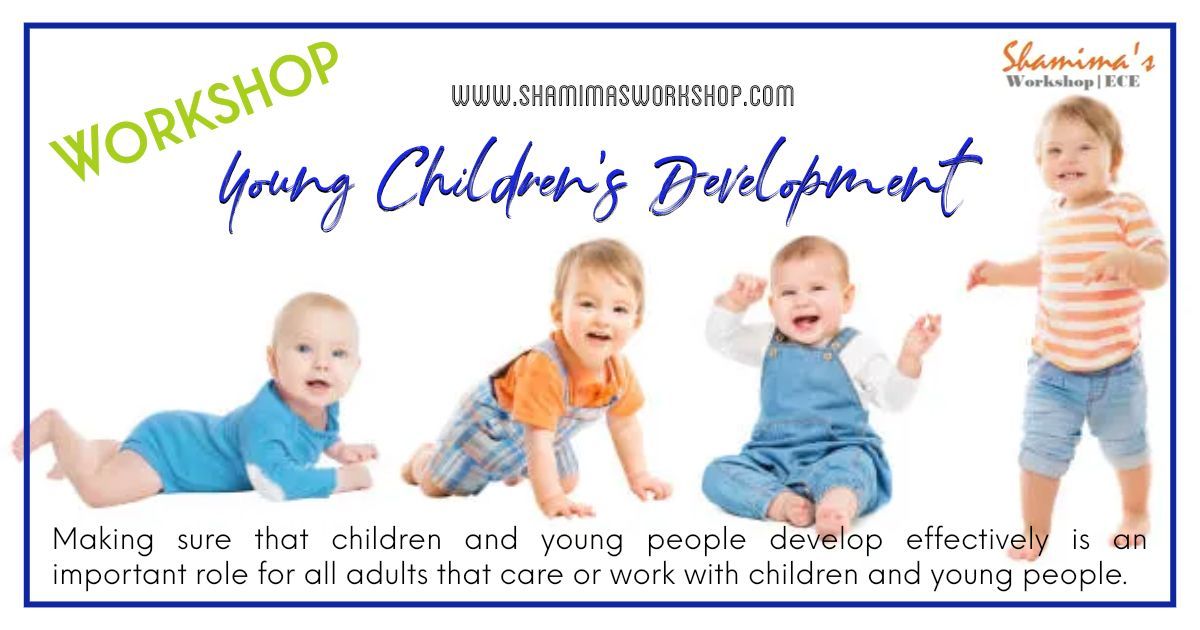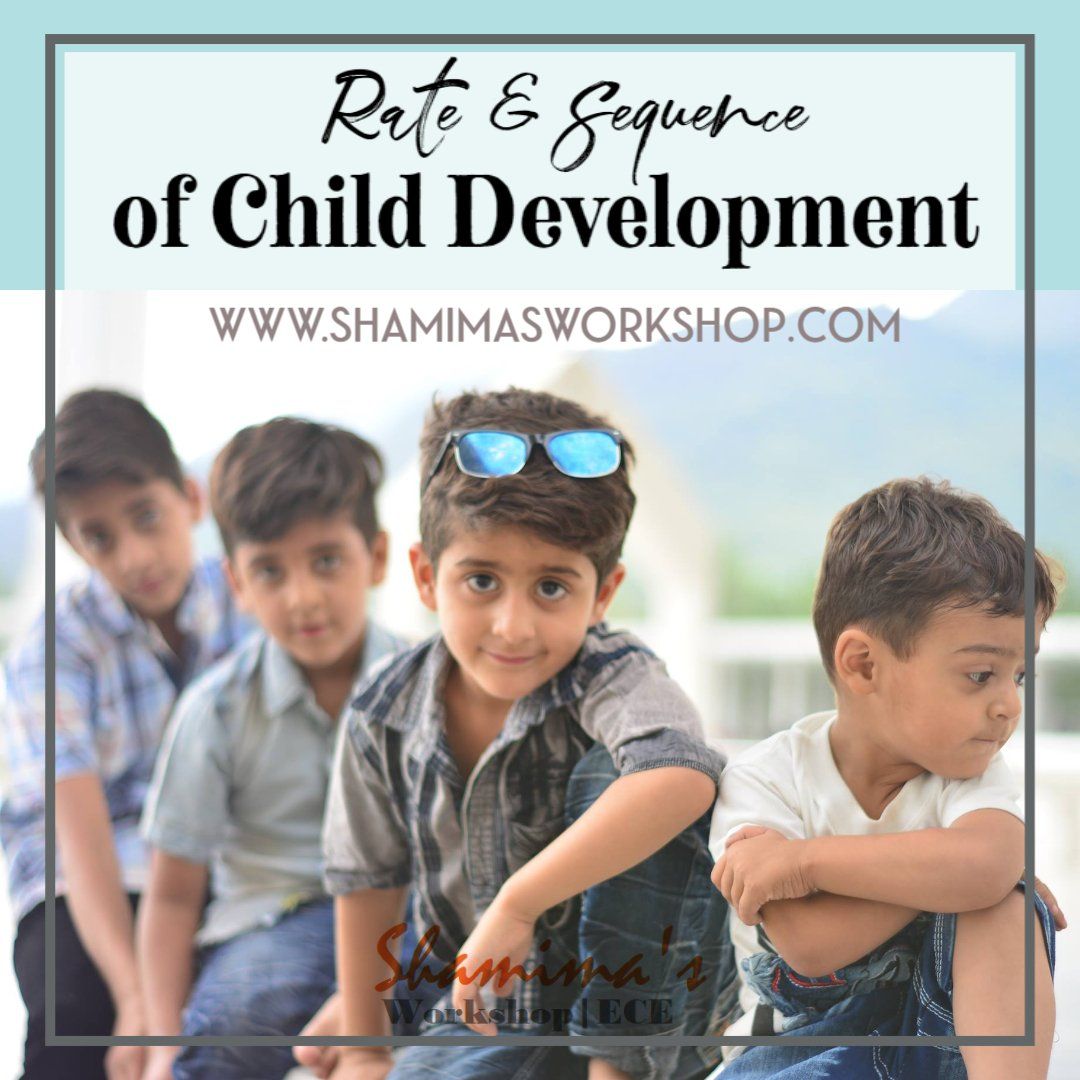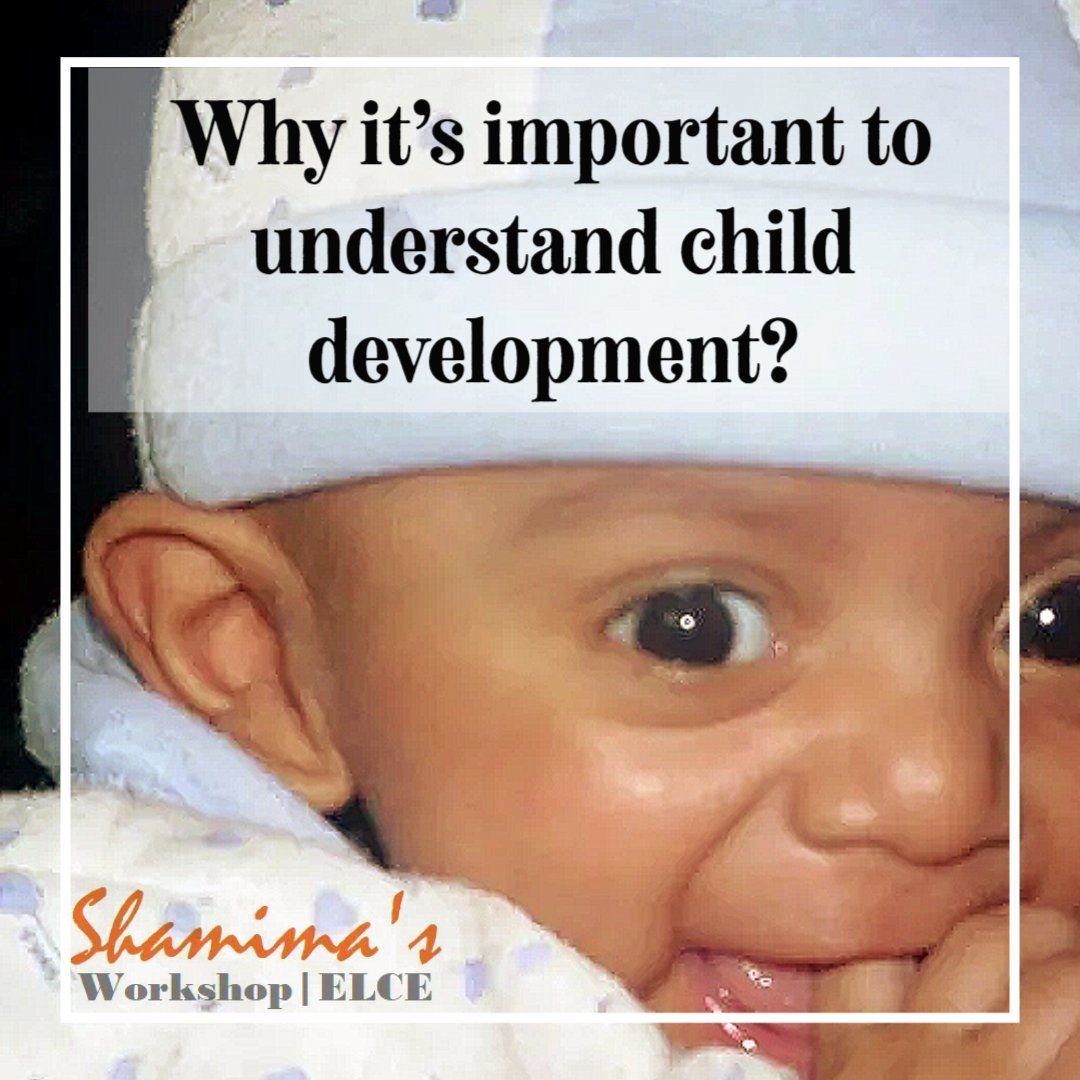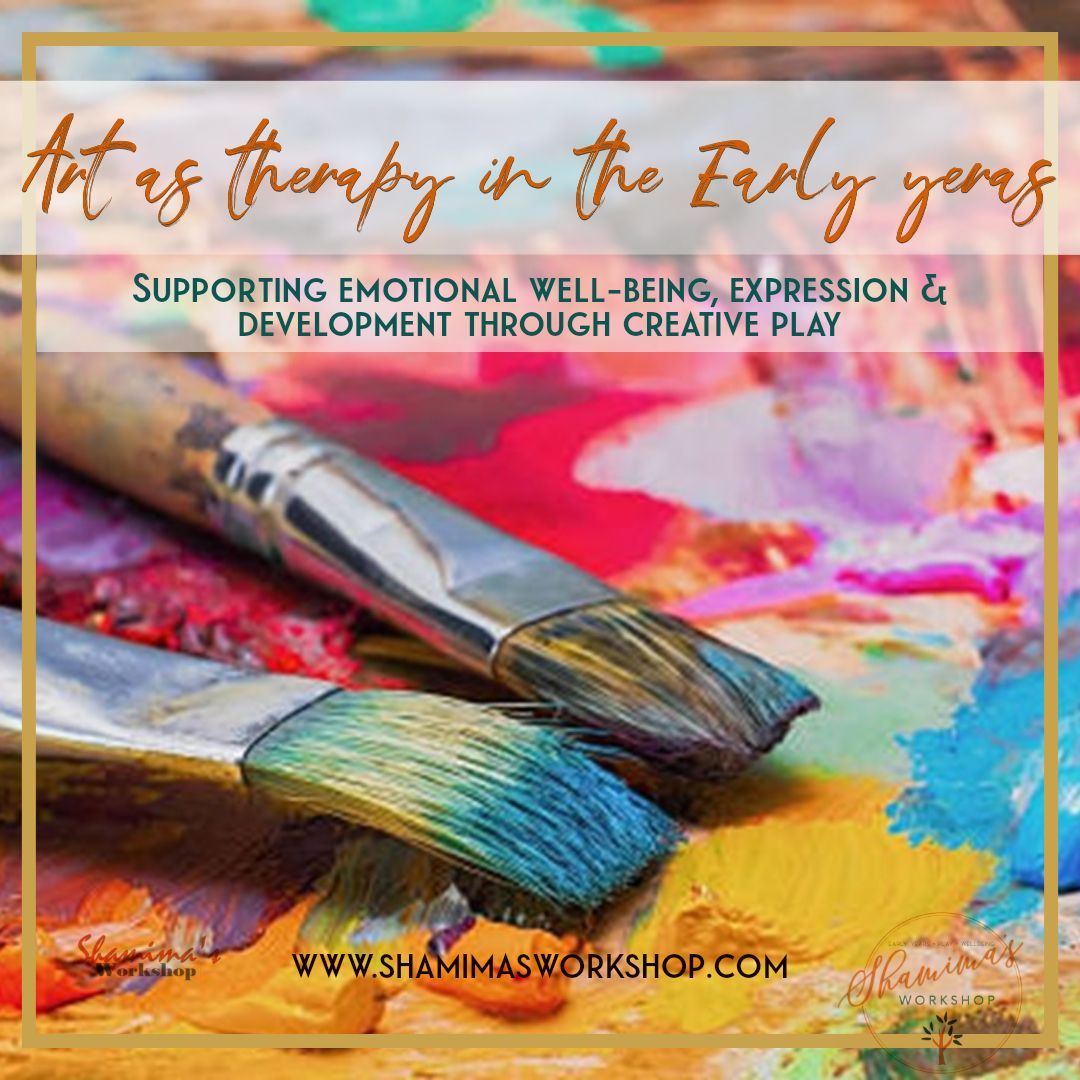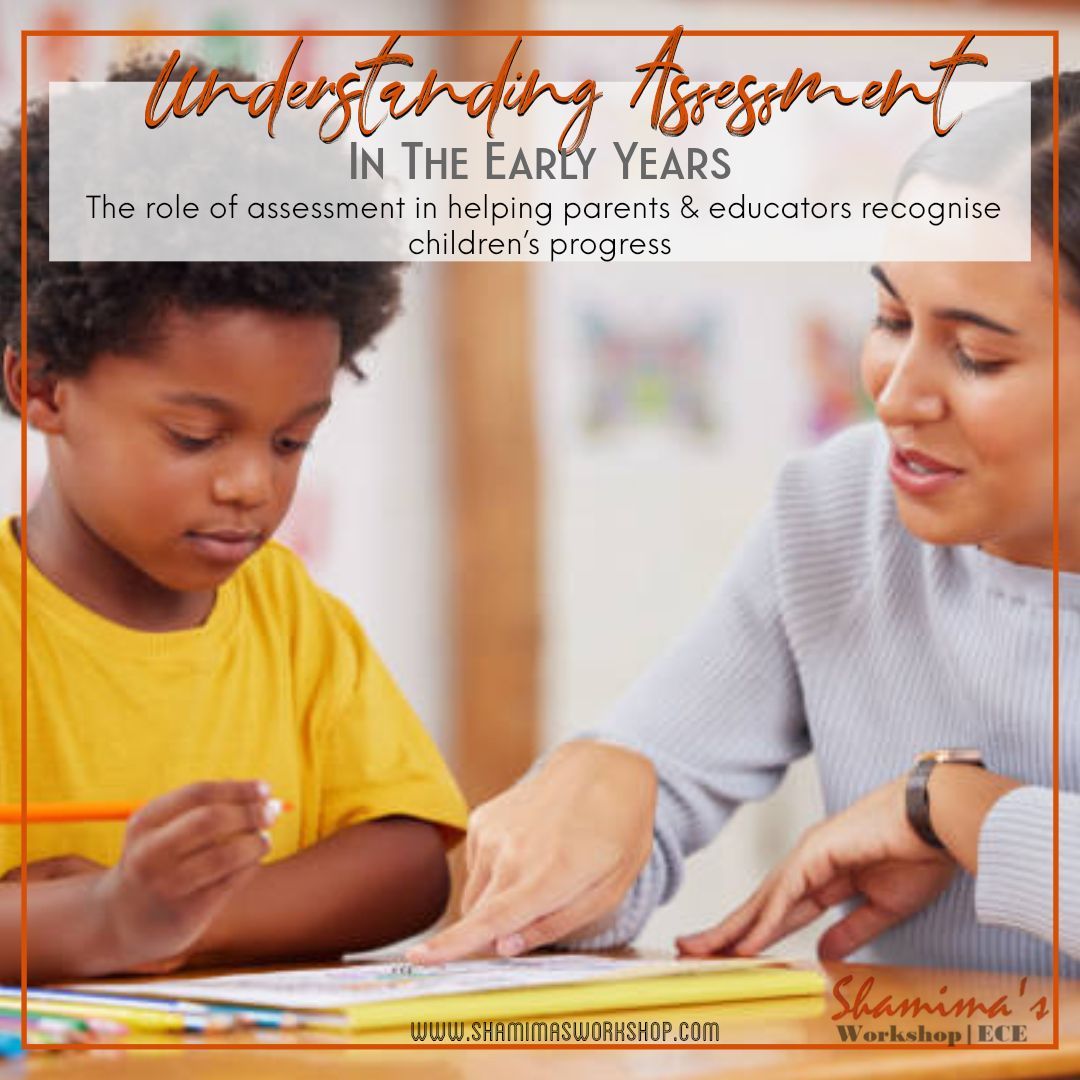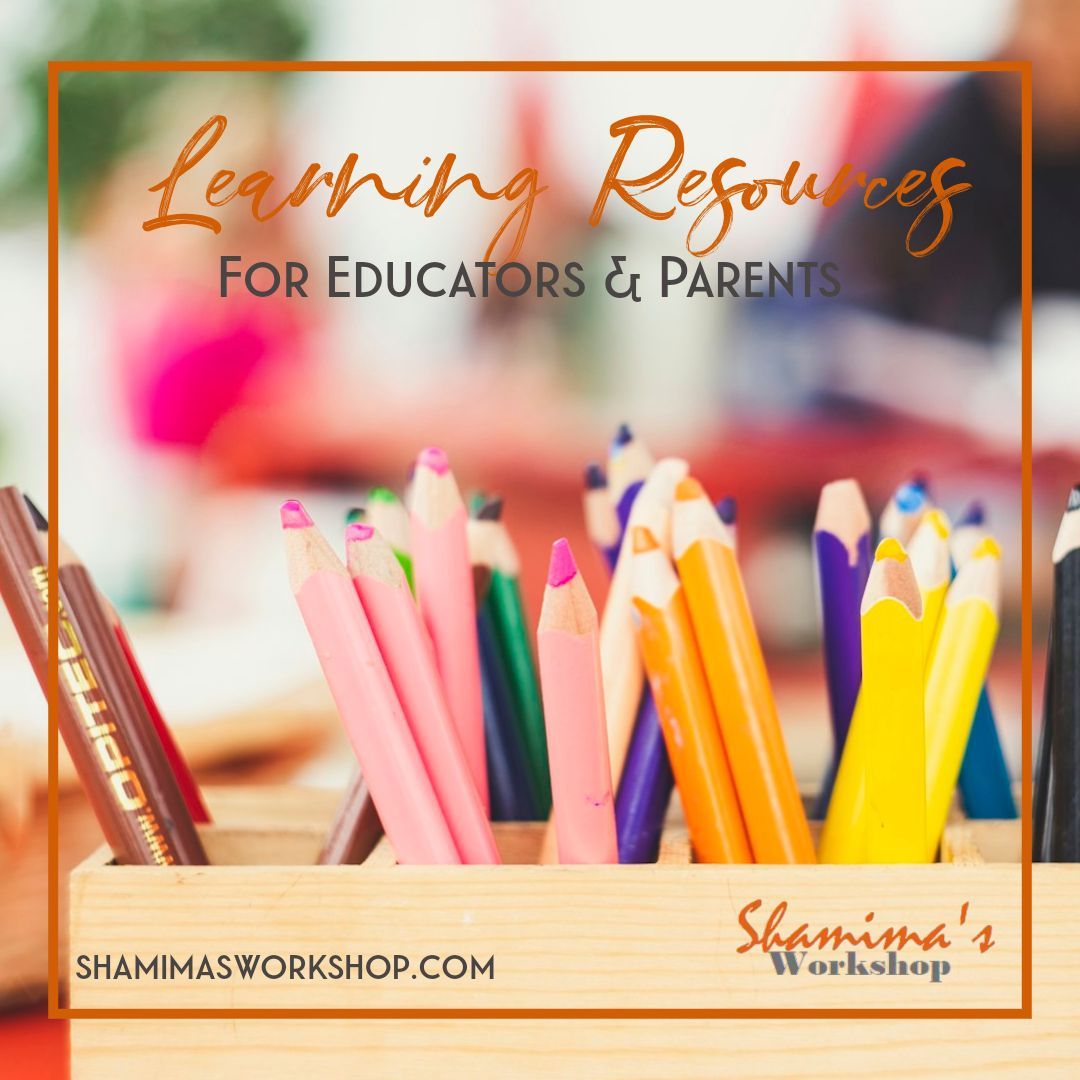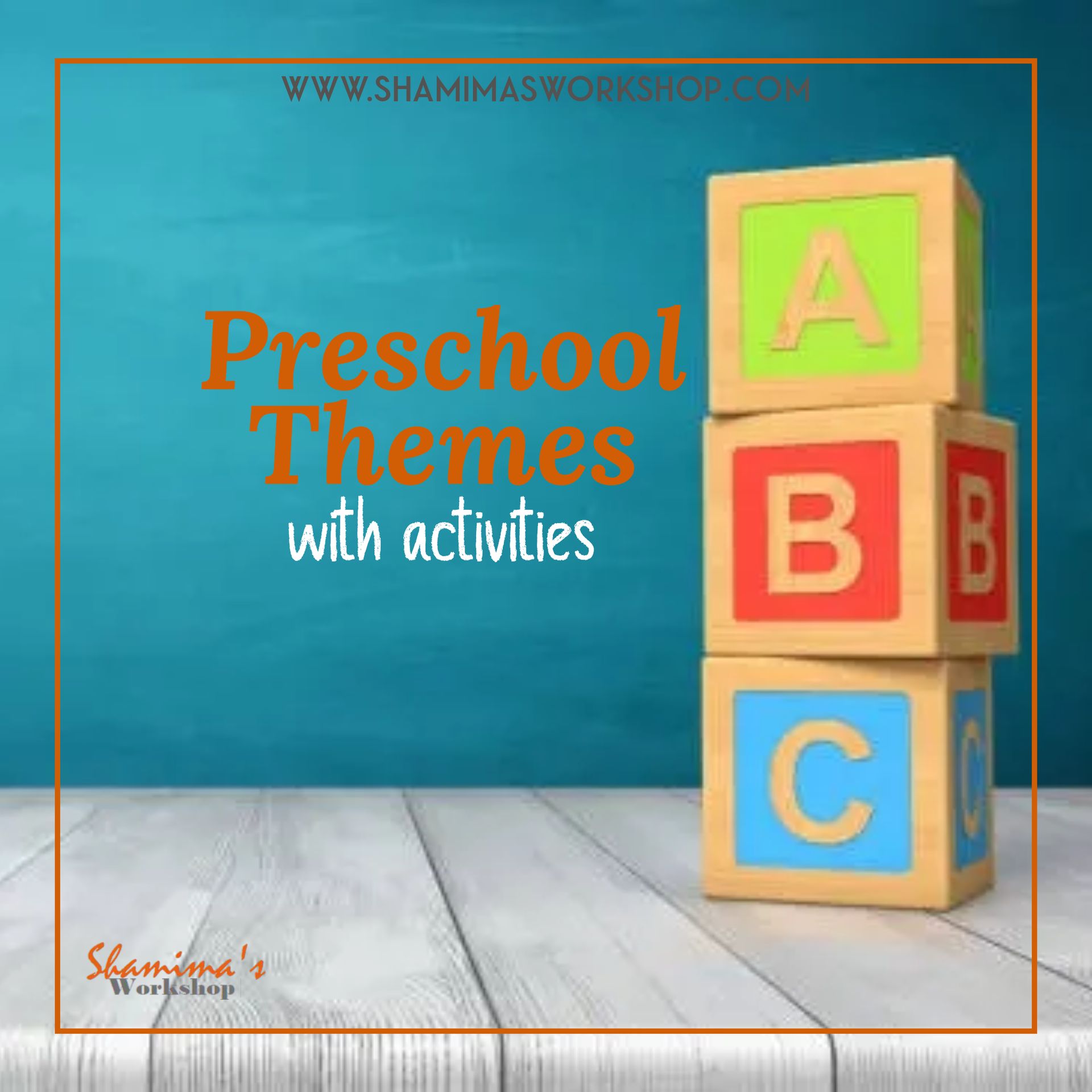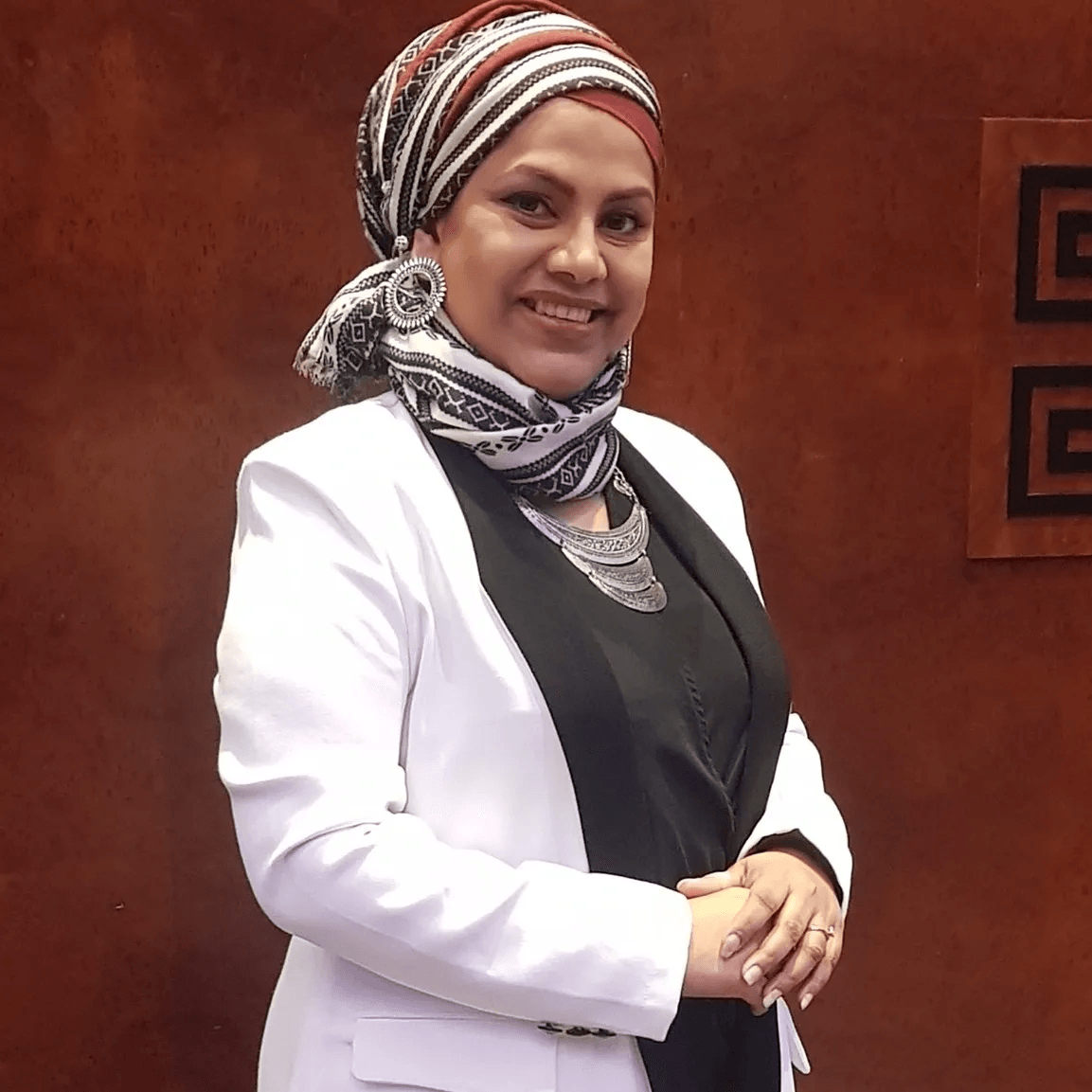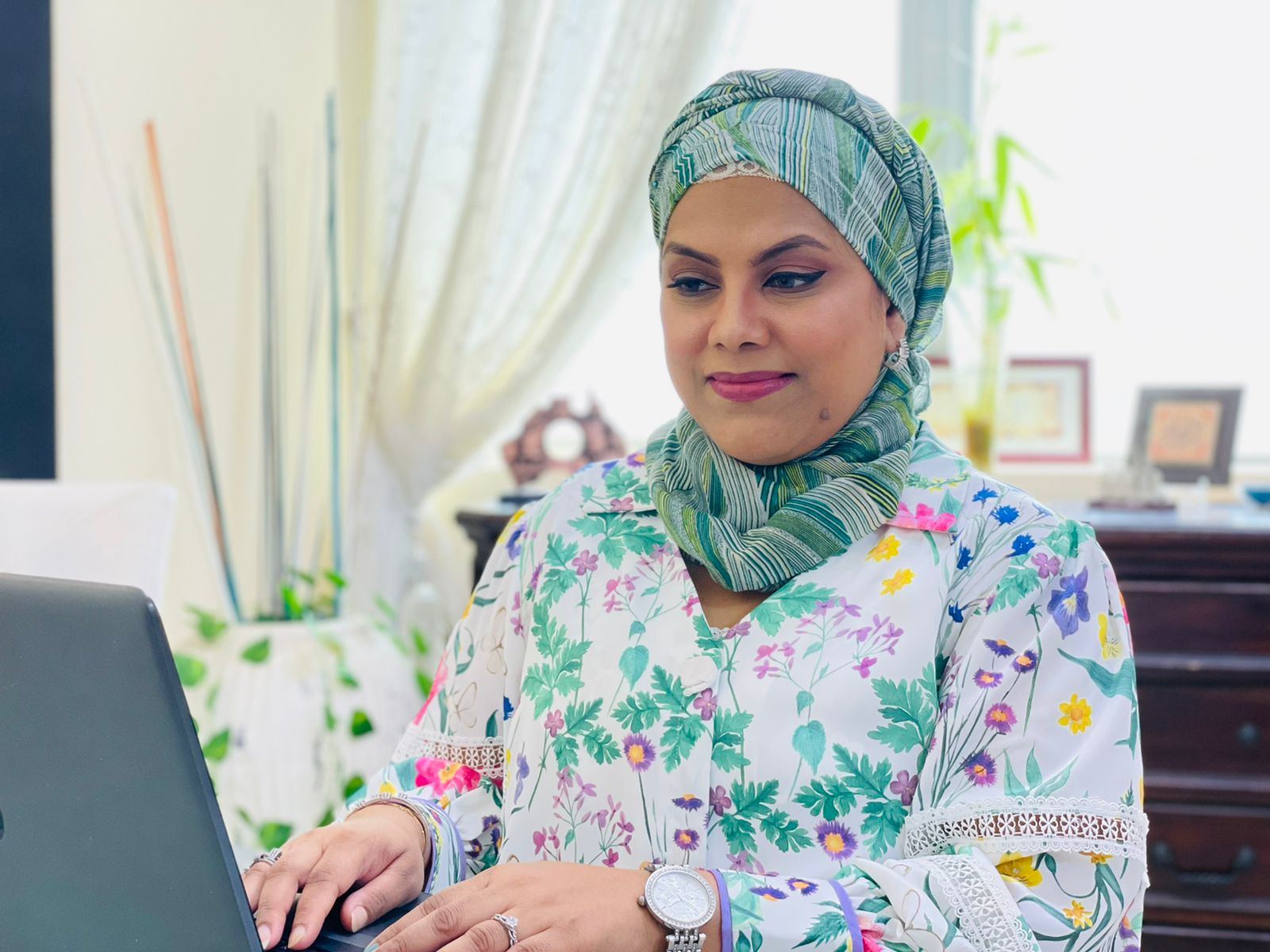What is Holistic Development?
Holistic Development of a Child
What is Holistic development in Early years?
Holistic development essentially means developing the whole child: socially, emotionally, physically, and intellectually in a child so that he or she is capable of facing the demands and challenges of everyday life. These abilities are vitally important for success in professional fields of work.
Children's development and learning are complex, which is why we take a holistic view and highlight the importance of their physical, emotional, social, language, and cognitive development, and how these complement and interact with one another.
All areas of development are interlinked.
All areas of development are interconnected or interlinked. in a child's life and are developing simultaneously. Progress in one are affects progress in others. Similarly, when something goes wrong in any one of those areas, it has an impact on all the other areas. Where there is a delay or difficulty in one area of development, children's learning and progress in other areas of development can also be affected.
Language development:
Skills in communication development relate to a child's ability to both understand and use language. As communication skills develop, there is an increase in a child’s ability to respond to adult directions. There is also an increase in a child’s expression of his/her wants and needs, varying with age and ranging from crying and fussing to using spoken sounds and words.
How it may affect other areas of development
Language development and effective communication capabilities are highly dependent on other developmental areas. Communication capability includes a wide range of social behaviors and skills, making the acquisition of communication milestones a complicated process.
Language and cognitive development are connected. We have observed that language is a tool we use to process and store information. For children to comprehend explanations and subsequently learn new concepts, they also need to have good language skills. Children can also pick up knowledge by posing queries or pointing out things to adults. A child will find it much simpler to ask questions and comprehend the answers if they have strong language and communication skills. Additionally, they will be able to correctly use the question words what, how, why, and when. The ability to connect images and words is another advantage of a child having good communication and language skills. A good example of this is the way that, when we hear a phrase such as "wellington boot", a picture is likely to come to mind. The picture is a memory, but the word itself has triggered the memory.
The development of communication and language concepts has a considerable impact on not only personal-social interactions but also on the ability to understand and complete many learning tasks. Communication difficulties might impact a child’s pre-academic skills in tasks such as discriminating letter sounds, comprehending stories, and following directions. To read a book or write words, this stage of development will require strong language skills. Once they begin speaking, children should be given many opportunities to build a strong vocabulary so they can use it when writing. Language is also related to cognitive growth because talking and naming items helps with memory.
Children who struggle to be understood by others can exhibit unwanted behaviour. Children who have a strong command of language will be better able to regulate their emotions and express themselves because they will be able to explain how they are feeling to others. This will enable them to behave appropriately because others will be able to understand them.
Children use language in their play and to communicate their feelings and ideas as they develop. This means that language development will have an effect on children's social skills. Children with lower levels of language may find it difficult to follow instructions, pick up new concepts, and ask for help. Children with lower levels of language may find it difficult to learn to read and write if they do not comprehend what is being said.
Cognitive Development:
Cognitive development is generally associated with a child’s ability to learn, remember, and solve problems. Cognition refers to intellect or mental abilities and involves processing and using information. The skills in the cognitive domain, along with language skills, are those usually associated with readiness for academic activities. When children struggle to understand or remember facts, they can find it difficult to communicate with other children who play differently.
How it may affect other areas of development
Communication and cognitive development are closely related because they both involve understanding and expressing information. Children who experience delays or difficulties in the development of cognitive skills might have difficulty processing and understanding the expectations associated with social interactions and group activities. They may require more time or repetition to grasp concepts. They may have slower development in math, reading, and writing than typical children. They may lose interest in learning over time.
Social development:
Personal-Social skills are those which allow a child to engage in meaningful social interaction with adults and peers and to develop his/her own self-concept. Milestones in this domain are centered on children gaining better understandings of their own emotions and the emotions of others. Engaging in play activities is an important aspect of the development of personal-social skills because it is through play that children learn how to interact with others. As personal-social skills develop, there are increases in a child’s understanding of relationships, self-awareness, empathy, and coping strategies. Children who have good social development are more likely to have positive feelings towards themselves.
How it may affect other areas of development
Promoting PSED can benefit holistic learning, because if a child is confident to try new activities and has belief in themselves that they can achieve, then this will push them to want to ‘have a go’ and tackle challenges and problem solve, in turn developing many new skills.
Another aspect is that children are able to control and regulate their emotions, which will allow them to focus better and be more attentive, which makes it easier for them to learn.
Children who are confident in speech, language and communication will find it easier to develop and build friendships. This will benefit in their self-confidence and make them feel good about themselves if they have lots of friends. They are also willing to put their hands up to answer questions and be able to explain themselves in different scenarios.
The development of personal-social skills is a key factor in school readiness and significantly impacts the development of skills in other areas. Delays in the development of personal-social skills impede a child’s opportunities to benefit from participation in group activities. The development of personal-social skills is impacted by a child’s skills in other domains. For example, a child who has not developed communication skills or who has difficulties with motor tasks might experience difficulties in social interactions, such as playing in small groups. Children who enjoy being around others imitate skills, such as learning to throw a ball.
They will be able to learn more as their play opportunities become more complex. Children with delayed social development may have an impact on their academic and emotional development. If a child struggles to control his or her behavior, he or she may be barred from participating in particular activities. This may restrict their learning potential.
Physical development:
Physical development is related to a child’s ability to control and use large and small muscles of the body. During infancy, motor abilities typically develop in a specific sequential order. However, it is important to note that the rate of motor development differs among children (e.g., standing, walking). As a child’s motor skills develop, there is a likely increase in his/her interest in and attention to items in the environment. This allows them to learn more about their surroundings. This subject is often related to social development. Many games involving other children (including board games) necessarily require physical abilities.
How it may affect other areas of development
Physical development also aids in the development of independence in children. Adaptive skills such as eating (holding utensils) are interrelated with the use of small muscles and fine motor skills. Personal-social skills are interrelated because children’s play is usually active and requires the use of large muscles as well as balance.
Physical development, communication and language development are connected. Through physical development, children want to be able to talk about what they can see and do. For example, once they start climbing a playground structure, they will be proud of their achievement and will want to tell people what they have been able to do. Another example will be reading stories. At 2 years old, when they can start turning pages one by one in a book, they will be interested in reading a book as it is also interactive for them rather than an adult page turning for them.
Physical development allows children to partake in physical games with their peers, such as hide and seek. Board games require physical skills, such as pincer grasp, to move the pieces or counters. They are able to establish relationships through playing games and from this, learn how to share and take turns, which supports their social skills.
Having a more active lifestyle will benefit children's health, which leads to better concentration and focus on activities and learning outcomes will be better achieved, as the child is more attentive. Having strong fine motor skills will lead them to mark-make and write numbers, letters and stories. Using their index finger to point out objects or point to correct answers when asked ‘where is the big, red bus’ will also benefit them in their learning.
Emotional development:
Emotional growth is related to social development, and where there is a pause, there is a problem. It is often related to feelings of competence, where there is a high level of competence.
How it may affect other areas of development
Delays in emotional development impact a child's ability to benefit from making friends. It can be difficult for children to make friends. Children are more likely to try new things and learn new skills, including physical ones. Children with poor self-esteem are less likely to maintain or try new activities.
Similarly, children who believe that certain subjects or play possibilities are reserved for boys or girls may not try them out and thus miss out on learning possibilities. Children with excellent emotional development are more likely to cope with changes during the day in early childhood settings and at school, including saying goodbye to their parents at the start of sessions. This helps children feel good about themselves and is therefore related to emotional development.
How can we encourage holistic development in early childhood?
The environment already does a lot to support children' overall development. You might already be promoting holistic development by setting up the learning environment, encouraging child-led activities, and offering outdoor learning opportunities. Here are a few additional easy things you can do to promote children's holistic development:
-Ask open-ended questions to promote original thought.
-Work proactively to encourage good interactions.
-Determine the interests of the children and base your planning on their motivations.
-Encourage children to learn at an own rate.
-Create an engaging and inviting environment.
storytelling to support confidence and emotional intelligence.
Final Thoughts about Holistic Development
Holistic brain development has a very positive impact on a child’s mind. Their early years can be filled with fun activities to activate their senses – sight, sound, taste, touch, and smell. And as parents, you must engage with your child & play with them with toys. Because toys have a greater role to play in wholesome brain development,. It not only enhances the bond with your child,. Instead, it helps your child develop emotional enlightenment & an understanding of how to comprehend others’ emotions duly & respectfully.
The secret to learning in the early years of childhood is holistic development.
Shamima's Early Years Blog
Welcome
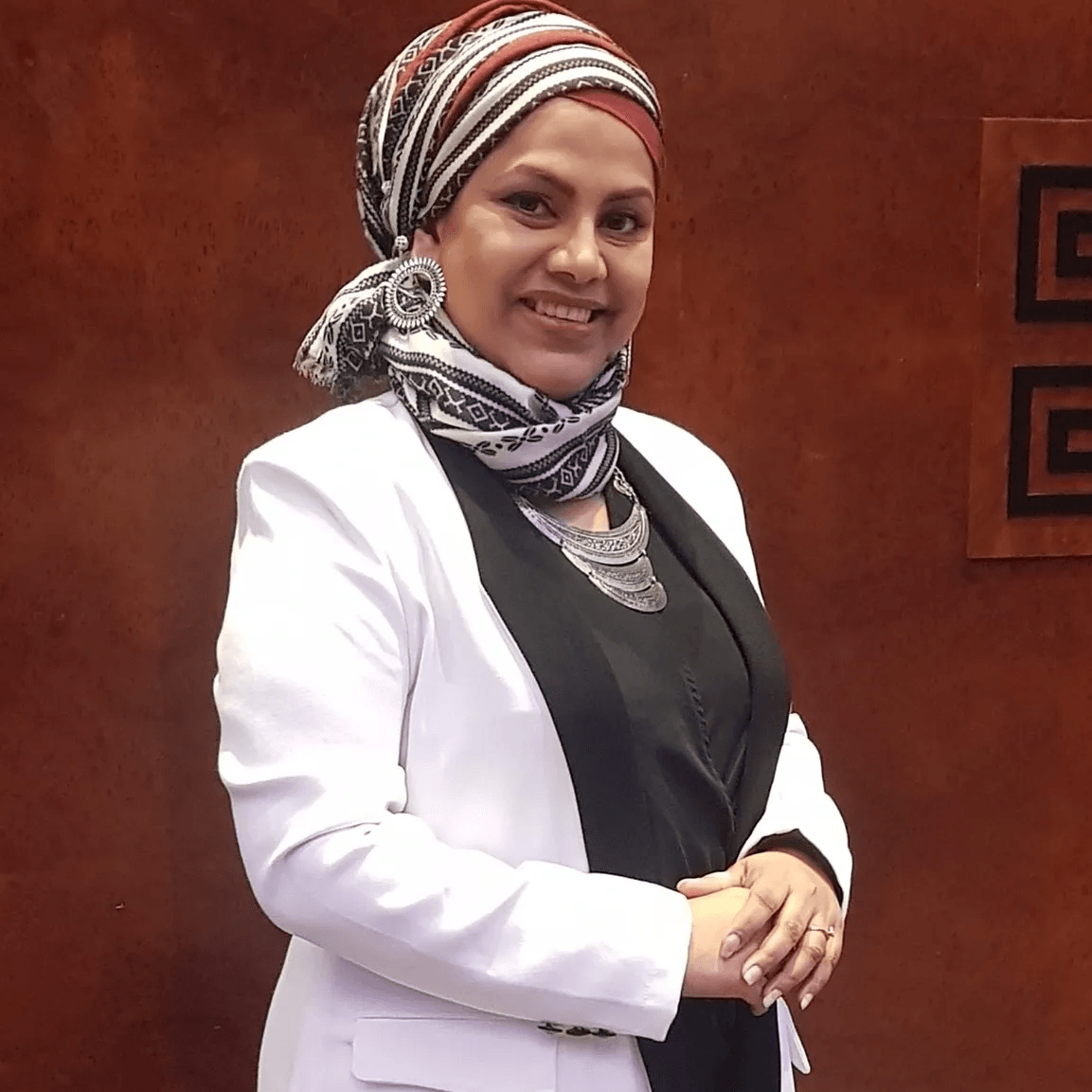
Hi, i am Shamima Fowzee, an early years educator, trainer and consultant. I Share ideas, inspiration, & resources for play-based, inquiry-led learning. Find out more about me here.
SHOP NOW
RECENT POST
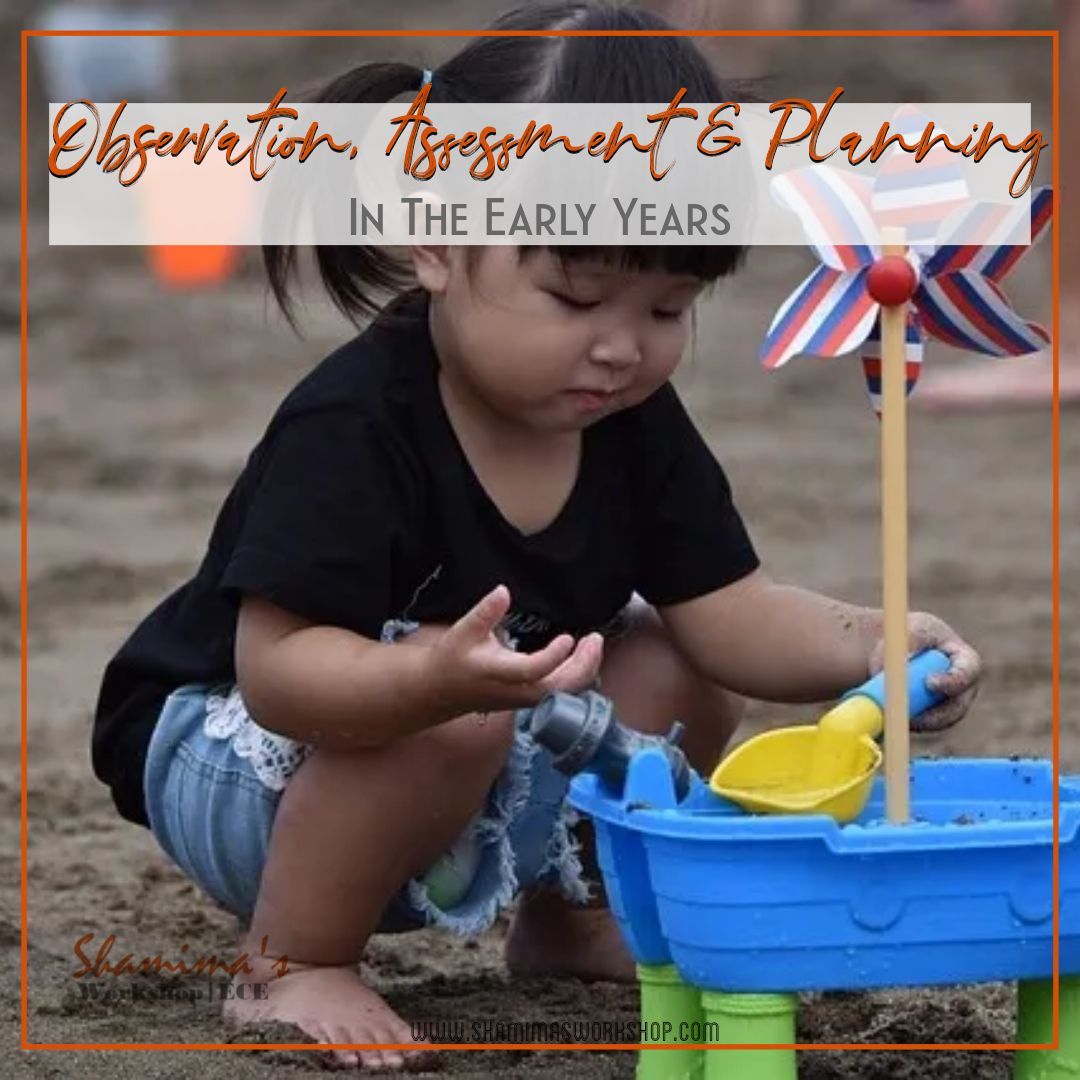
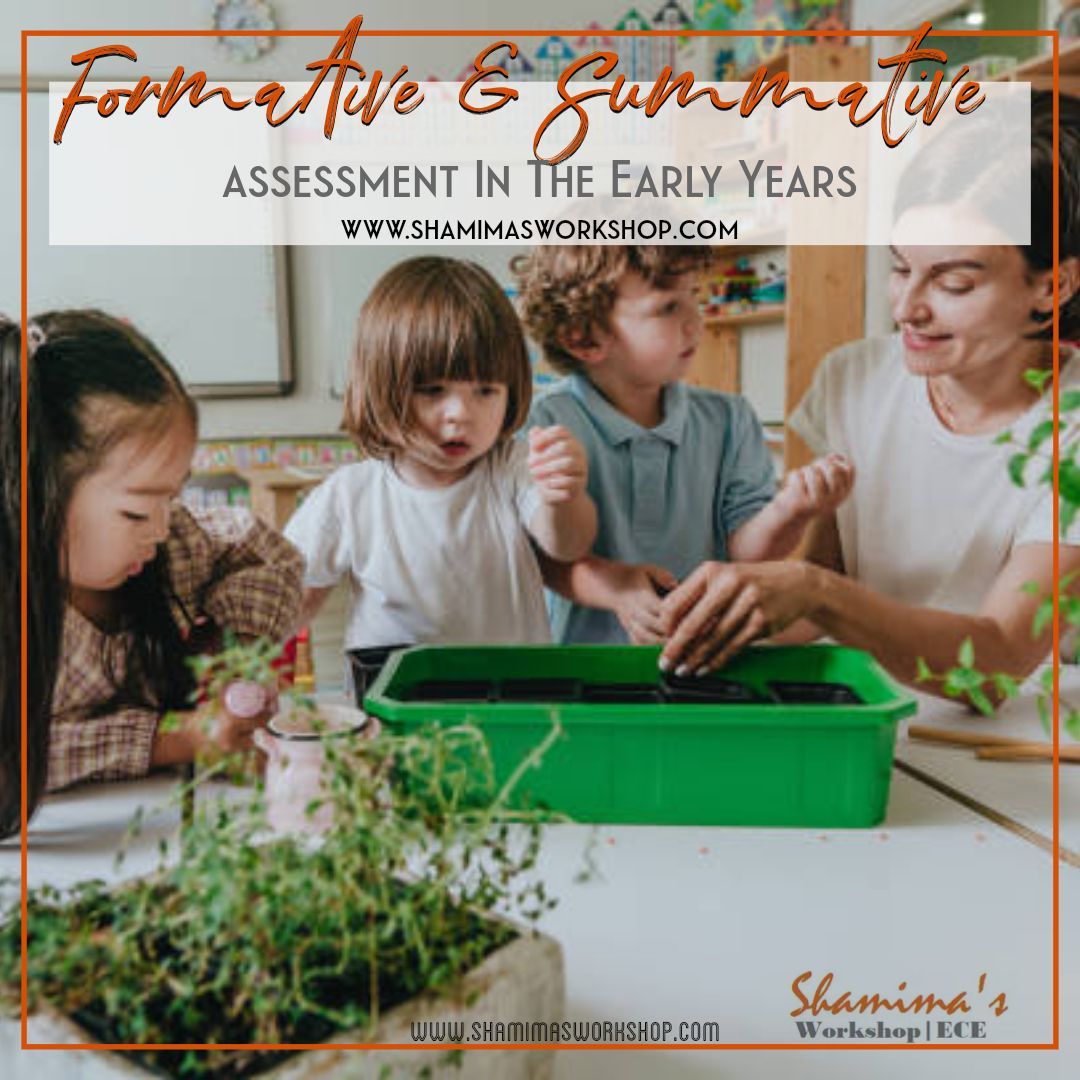
How can I thank you? Spread the word!
For everyone who is passionate about the importance of Early Years.

